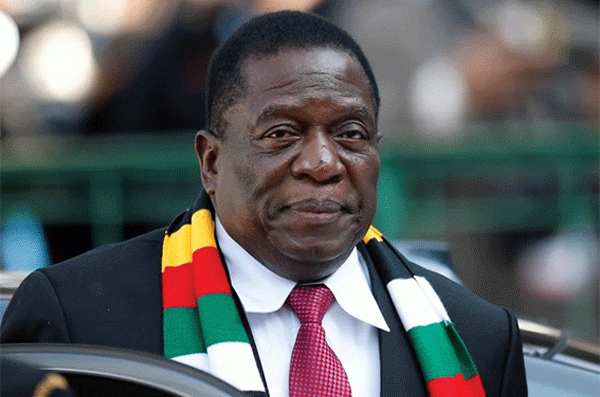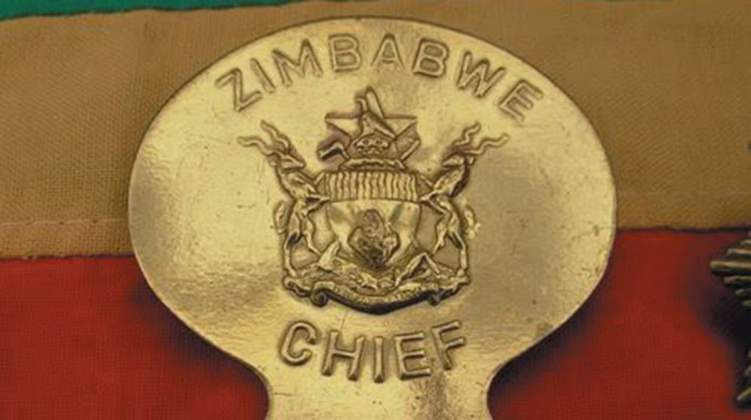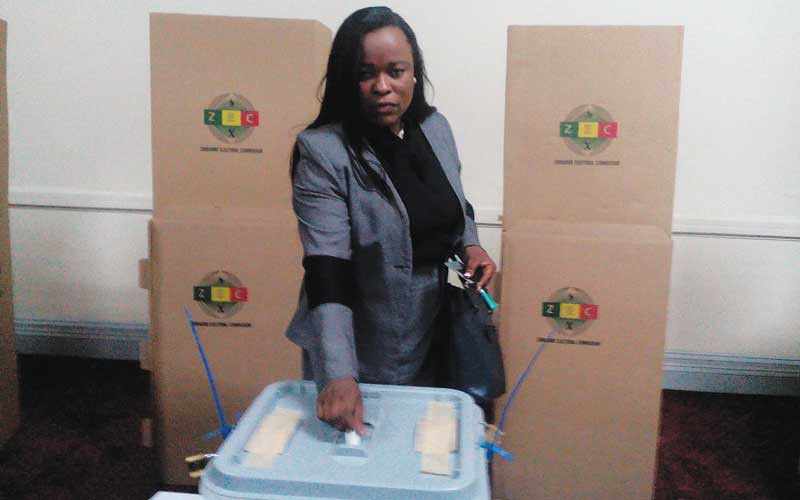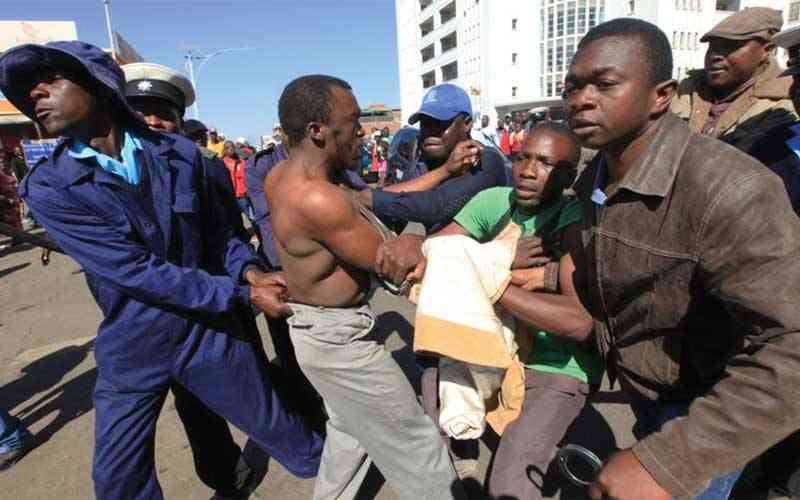
TWO decades ago Zimbabweans used to pride themselves in having sound economic policies which resulted in the poor affording to put a decent meal on the table.
Zimbabwe’s economy is no doubt agro-based and every sector of the economy is dependent on agriculture. The commercial farmers produced enough for local consumption and export.
The Zanu PF-led government redistributed the land to correct the imbalance in the ownership between blacks and whites. Without taking anything away from their noble idea to empower the black masses, I believe, the redistribution of land was carried out emotionally andhaphazardly as the ruling party used it as a campaign weapon to garner votes and consolidate power. It only benefited greedy politicians and few individuals.
In 1997, the late Chenjarai Hunzvi, then leader of the war veterans, forced President Robert Mugabe to award ex-combatants $50 000 each as gratuity. Mugabe acceded because he wanted their votes.
Unfortunately, that was when the Zimbabwean dollar tumbled against the American dollar because that money was not budgeted for, and that marked the beginning of our problems.
Now we have President Emmerson Mnangagwa who claims to be heading a new dispensation but parroting Mugabe’s mistakes.
Is there any reason for Mnangagwa to spoil members of the Political Actors Dialogue with cars using taxpayers’ money when the generality of the population is struggling to feed itself? Does it benefit anyone except him?
Can Mnangagwa spare us a thought please because his failure has consigned us to abject poverty?-Innocent Torai
- Chamisa under fire over US$120K donation
- Mavhunga puts DeMbare into Chibuku quarterfinals
- Pension funds bet on Cabora Bassa oilfields
- Councils defy govt fire tender directive
Keep Reading
Citizens must choose parties of choice
ZIMBABWE, like many other country, has been holding elections since independence. This to some extent demonstrates commitment to conforming to the principles of democracy and good governance.
The tenets of democracy provides that an election should ensure the rights of citizens to willingly and fully participate in the electoral process within a free, fair and credible environment. Critics of Zimbabwe both locally and internationally highlight that we are a country that is always in election mode.
This results in the relegation of the core functions of government of facilitating development and ensuring progressive realisation of fundamental citizens’ rights. Distribution of factors of production, food handouts, empowerment programmes have been alleged to have been executed on party lines instead of on principles of humanity, neutrality, impartiality and independence. This is believed to have compromised the credibility of our electoral processes.
Zimbabwe holds elections after every five years and the current regime of elections are harmonised. The last harmonised elections were held in 2018. These were generally regarded as peaceful, but some irregularities were highlighted.
Traditionally, elections have been one of the major drivers of conflict and violence. Several initiatives were taken by civil society organisations and other stakeholders to lobby and influence for the process to be violent free.
Various stakeholders have critical and unique roles to play in the electoral process. Participating political parties should field candidates and campaign for them, at the same time restraining their supporters from engaging in violent activities.
Citizens’ role is to vote for their preferred candidates as well as ensuring that they do not violate the freedoms and rights for others.
The media must be responsible in reporting on the election and informing the electorate about the election- Nango
Legitimacy ensures peace, stability
ELECTIONS in southern Africa are a vital cog for citizens’ participation in democratic processes which help strengthen the social contract between the governed and the governors.
This is important in restoring legitimacy on those who are in charge of affairs of countries. Legitimacy ensures peace and stability of individual countries and the region at large which are essential ingredients for development.
It is against this background that Citizens in Action Southern Africa (Ciasa) has conducted an analysis of electoral promises made by the two big parties in Zimbabwe according to the 2018 elections.
This is a focused and evidence-based service delivery analysis of electoral promises which provides insight into citizens’ lived realities since the election of 2018.
It is also important for citizens to be informed of how political parties have fared as measured by their own yardsticks provided in the election manifestos they presented to voters.
In addition, the analysis focused on service delivery sectors which have significant impact on women who are the primary caregivers in homes. This puts them in a position of vulnerability to any shocks and inadequacies in service delivery sectors.
The analysis focuses on healthcare, education, access to water, energy and transport. These constitute five key areas which the ruling party and the main opposition underscored to improve in their 2018 election manifestos.
Ciasa used a simple perception and opinion-based approach to evaluate performance of the ruling party in implementing its manifesto in government.
It also gives insight into the performance of the opposition in the National Assembly.
CIASA information department












